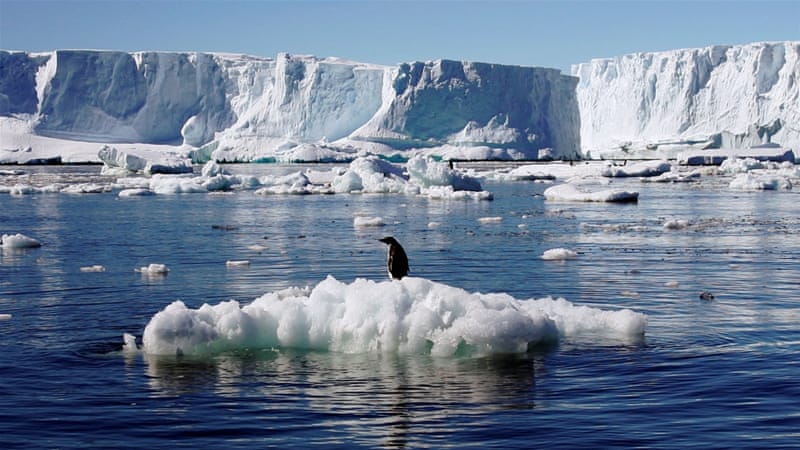The Global Heatwave could be the Result of the Warming Arctic

The heatwave in July has been responsible for many tragedies worldwide, from at least 70 deaths that have been recorded in Quebec to more than 83 people killed in Greece as a result of wildfires. Many of us wonder what lies behind these enormously high temperatures and for how long the situation will last. According to Dr. Jennifer Francis, who is a research professor in Marine and Coastal Sciences at Rutgers University, we might be able to find the answers in the Arctic.
The warming Arctic is a key factor in creating heatwaves
Dr. Francis, who is an expert in Arctic climate, says that the Arctic that is rapidly warming, which happens much faster than anywhere else on the planet, affects the mid-latitude weather. The scientist also underlined the importance of the jet stream, which is a fast-moving current of air that flows through the northern hemisphere. It is the effect of the clash between descending cold air coming from the Arctic and rising hot air moving north from the equator. In case the jet stream is not strong enough, it may cause a long-lasting period of heatwave.
The weak jet stream behind the prolonged heatwave
The difference of temperatures between the Arctic and areas to the south is what creates the jet stream. Basically, the bigger the difference of temperatures, the stronger the jet streams are. Since this air current is responsible for weather patterns, the cold temperature in the Arctic is crucial in fighting heatwaves, making them go much faster.
Resulting heatwaves stay in one place for a very long time
Unfortunately, the warming in the Arctic progresses at a rate at least twice as fast as anywhere on Earth, which significantly lowers the temperature difference between the northern and southern air. The resulting jet stream is weak and easy to deflect, which creates the weather patterns that simply stay in one place for a long time.
Dr. Francis says that even though more research is needed to prove the effect of the warming Arctic on the devastating heatwaves, this theory can definitely be used to explain them.
Meanwhile, Yukon is expecting the highest temperatures recorded in the territory since July 2013.
0 comments